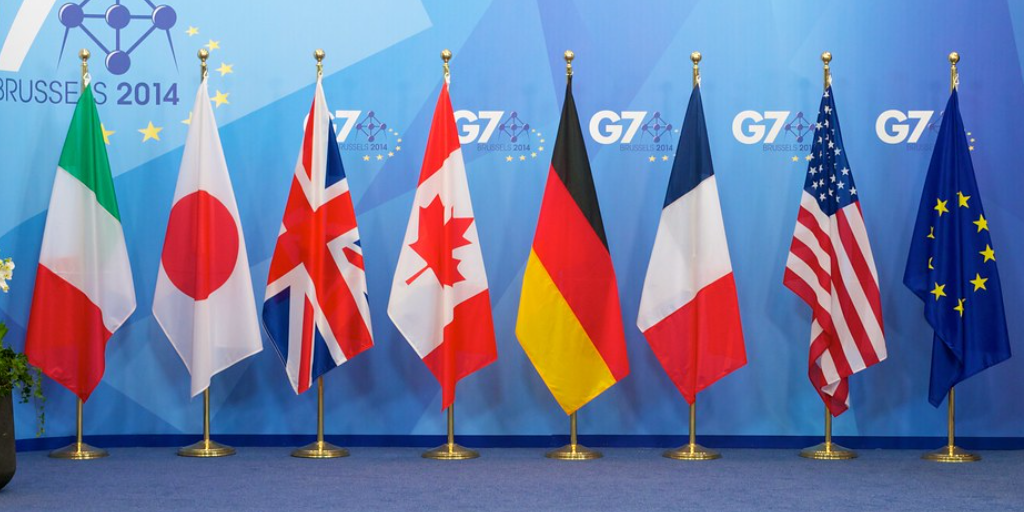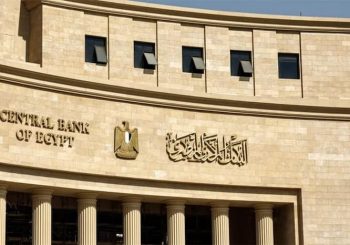On 14 June, a joint statement by G7 countries – Canada, France, Germany, Italy, Japan, the United Kingdom, the United States – and the EU – expressed their support for Egypt during the ongoing global wheat crisis, citing Russia’s invasion of Ukraine as the cause.
The G7’s support comes in light of Egypt’s current wheat crisis as a result of the invasion, culminating in a severe wheat scarcity.
Egypt is the world’s largest importer of wheat, according to the Observatory of Economic Complexity, importing 80 percent of the grain from Russia and Ukraine. Now, as both countries battle, Egypt finds itself in the firing line.
“The G7 is standing by their commitment to support Egypt through this crisis caused by Russia’s war. We are enhancing our cooperation with Egypt to meet this crisis, through increased support for the World Food Program’s activities in Egypt and regional frameworks,” the statement reads, which was published on the US Embassy in Egypt’s official website.
The Global Alliance for Food Security and the Food and Agriculture Resilience Mission are among some of the regional frameworks mentioned in the statement, besides direct bilateral assistance between the G7 governments and Egypt’s government.
“Russia has failed to offer such support,” the statement proclaims, further highlighting that the current crisis is a means for the invading country to weaponize food.
“President Putin needs to end his war of aggression and the destruction and blocking of essential food supplies for the world to avoid global hunger,” the statement adds.
The statement proceeds to emphasize the importance of recent dialogues to end the crisis, such as the Mediterranean Dialogue on the Food Security Crisis which took place in Rome on 8 June.
European Commission President, Ursula von der Leyen, will also visit Egypt on 15 June to meet with President Abdel Fattah Al-Sisi to discuss solutions for the country’s wheat plight.
Egypt has already actively sought solutions to the situation, both internally and externally. On a domestic level, the country mobilized farmers to produce around 6 million tonnes of wheat, a 2.5 million increase from 2021’s yield.
Bilaterally, Egypt already received its first shipment of 61,500 tonnes from India on 5 June, based on an agreement made between the two countries amounting to 500,000 tonnes. Egypt also looked to other European countries for wheat, agreeing to an import of 217,000 tonnes from Romania.
The country is also seeking further assistance to sustain its food security, as is clarified in the G7’s statement. Near the end of May, Egypt requested USD 500 million from the World Bank to purchase wheat.
Egypt’s efforts to stockpile its wheat reserves are also evident through the available reserves. On 5 April, the Egyptian Cabinet announced the country’s wheat reserves will last 2.6 months. A month later, on 19 May, that estimate grew to 4 months, a testament to the ongoing efforts to increase reserves.
Despite the ongoing conflict, and the G7’s stance against Russia, Egypt reached an agreement with the invading country on 2 June to import 105,000 tonnes of wheat.
“Averting this crisis is only possible by exercising every possible influence on Russia. President Putin needs to end his war of aggression and the destruction and blocking of essential food supplies for the world to avoid global hunger,” the G7’s statement concludes.







Comments (5)
[…] تجد نفسها فيخط النار “ كما هو الحال في العالم أكبر مستورد للقمح ، يستورد ما […]
[…] finds itself in the ‘firing line’ as it is the world’s largest importer of wheat, importing nearly 80 percent of the grain from […]